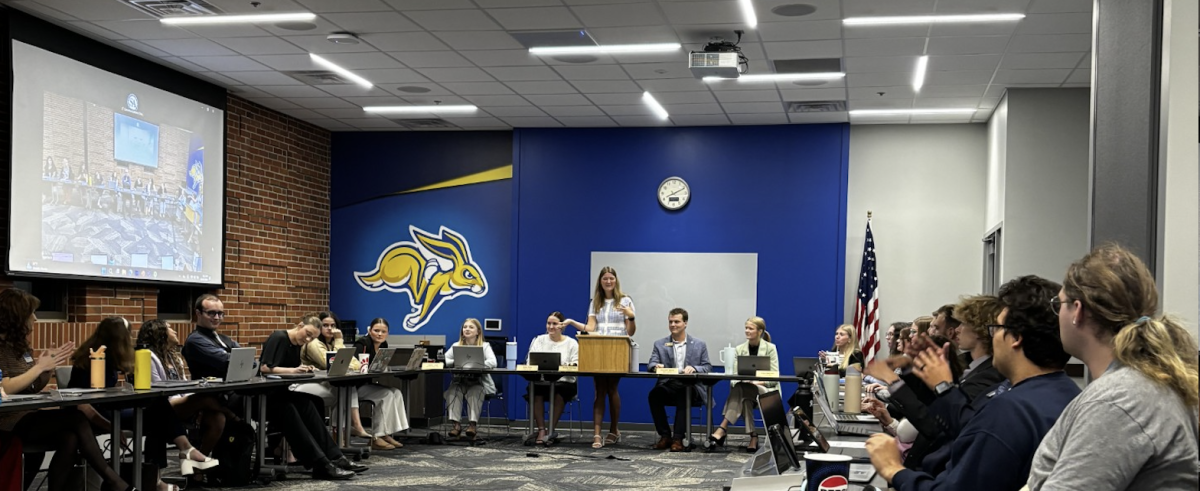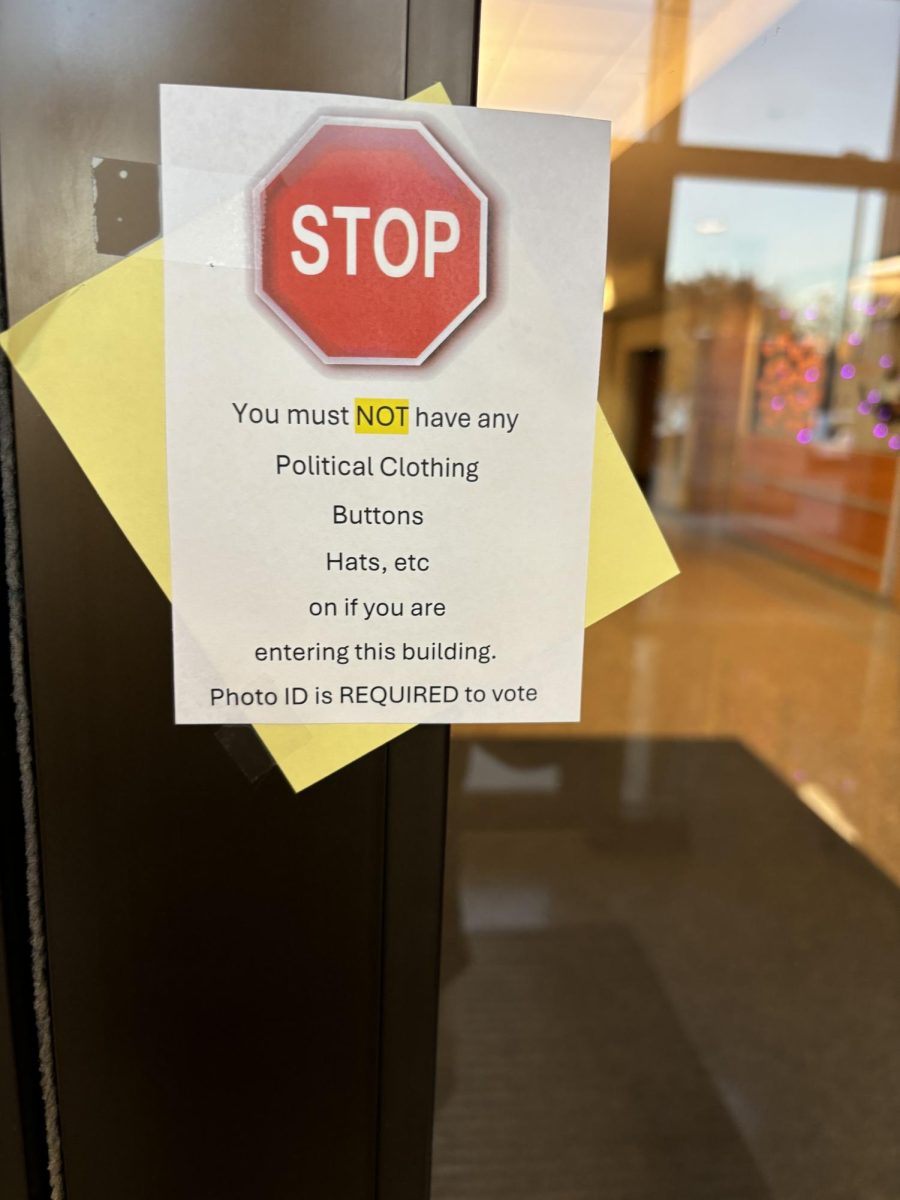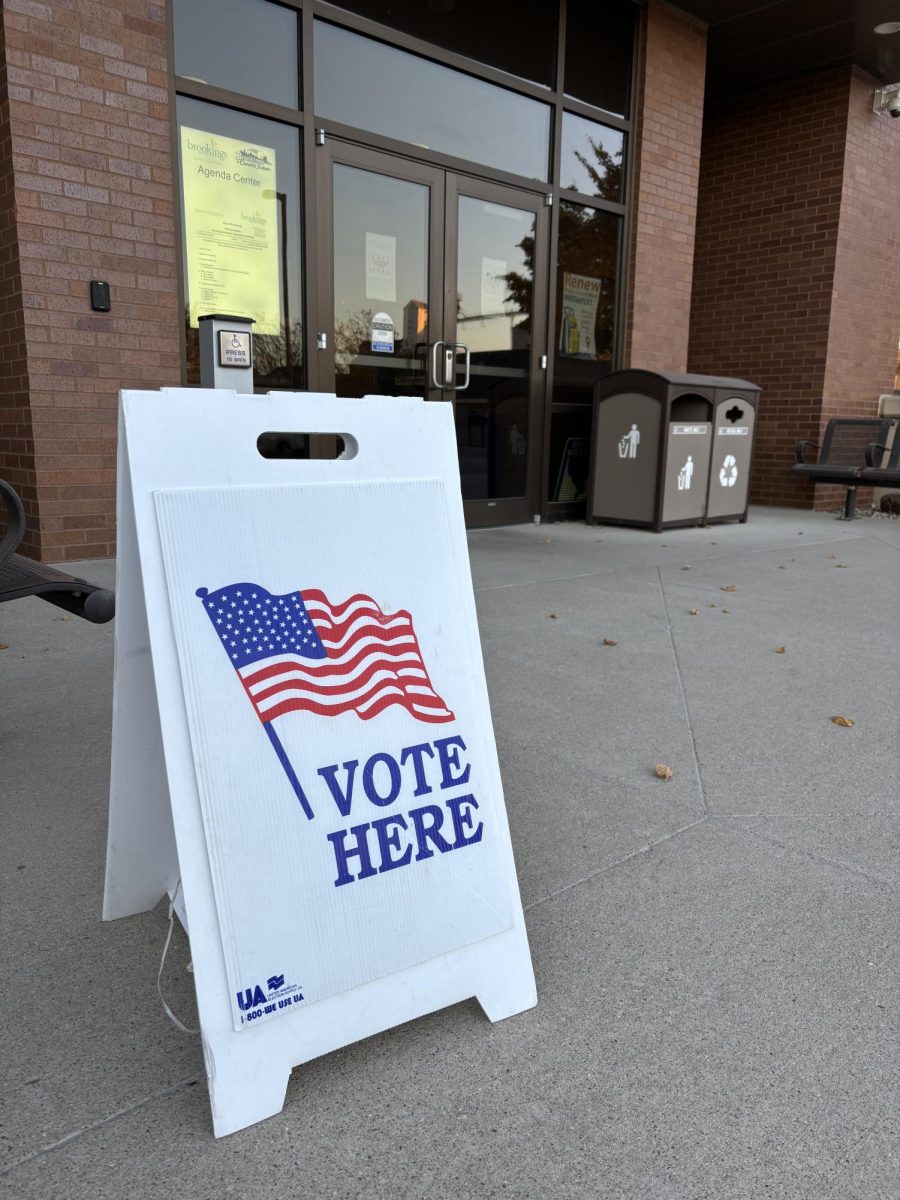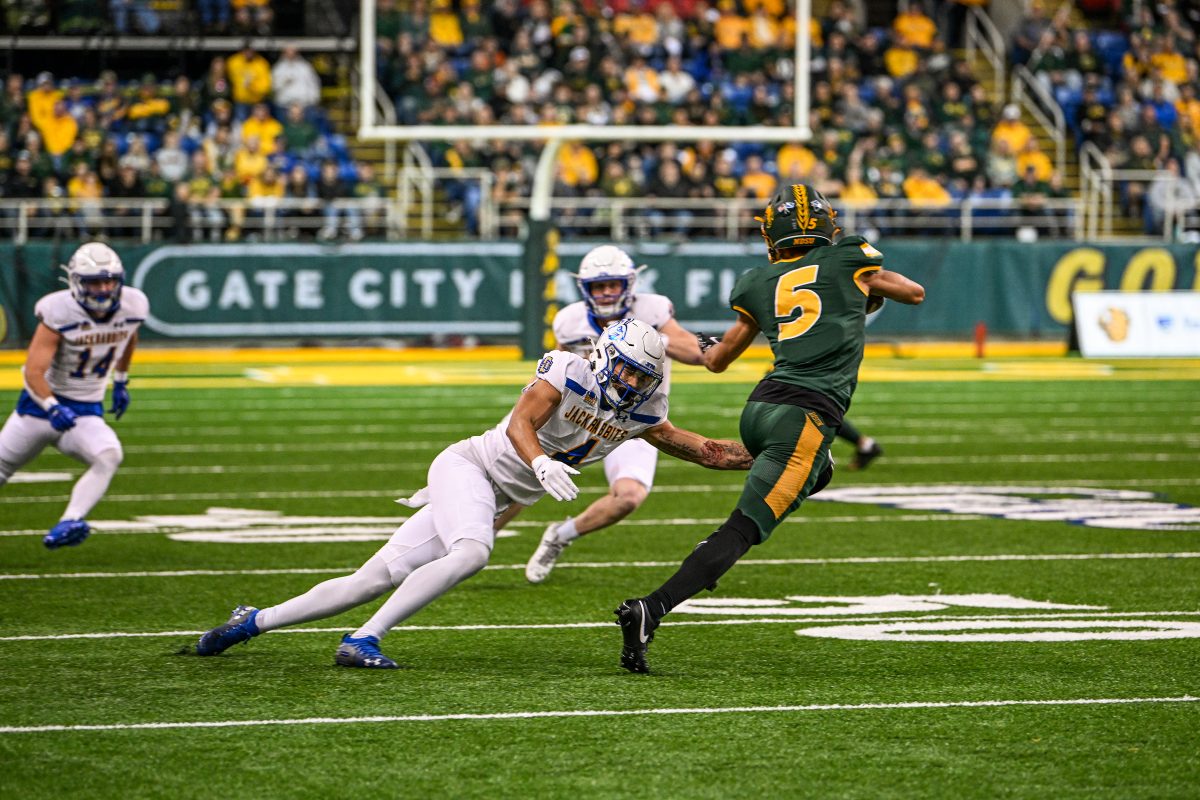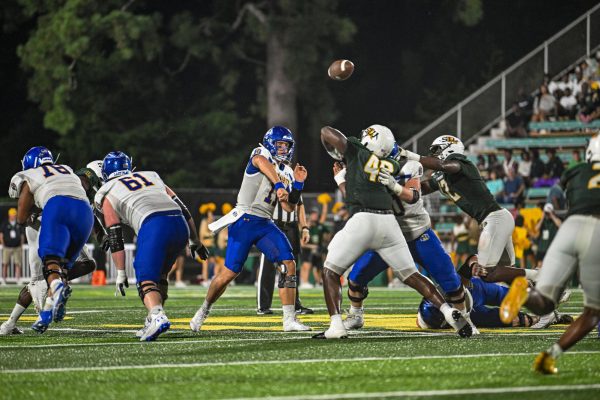Students asked to give up relationships or technology
February 2, 2010
Ben Lippert
In today’s digital age, many students use technology on a daily basis. Trying to imagine what life would be like without a cell phone, computer, Internet or television is almost impossible.
College students, both at SDSU and across the nation, were asked to choose between these daily technology devices and their significant other.
The Mars Corporation recently surveyed college students across the nation asking them this very question. The results of their survey showed that nearly two out of three students (63 percent) would rather give up a significant other than have to live without technology for seven days.
In a focus group of ten SDSU students, all ten interviewees said they would choose a significant other over technology. These results varied greatly from the results of the Mars Corporation’s survey, which came as a shock to some SDSU students.
“Oh, no doubt in my mind,” Bobby Oleson, senior sociology major, said. “I’d definitely give up all technology for a week.”
Oleson said that doing certain homework assignments would be difficult without a computer or Internet, but that the benefits of a good relationship far outweigh being temporarily deprived of technology.
“A relationship takes time and it won’t nurture itself,” Oleson said. “Technology can be left alone for a long time and (be) completely fine. My computer isn’t going to call me and tell me to spend time with it if I don’t see it for a couple days.”
Sydney Meyer, freshman undeclared major, had similar opinions on the matter.
“You can’t confide in a computer like you could your significant other,” Meyer said. “I would rather go without technology because a relationship is more important.”
Just like Oleson and Meyer, Jamie DuVall, junior human development and family studies major, would also pick a relationship over technology.
“I would never give up my significant other, even for a week,” Duvall said. “The technological things I use are just ‘things.'”
The viewpoints these three students represented may not be typical of all SDSU students, but it shows that not all students are completely reliant on technology.
Another statistic the Mars survey found is that among college students, only about half of their daily interactions were made in person. Oleson, Meyer, and DuVall were all in agreement with this statistic, saying most of their daily interactions are made via technology.
Meyer said that up to 80 percent of her interactions are done over the Internet or her cell phone. Oleson also does a majority of his daily interactions using technological media, although he tries to meet with people face-to-face whenever possible.
Even though technology would never take precedence over a relationship for these students, they all said technology is a major aspect of their daily lives. The favorite means of communication among all of them is texting, with Facebook coming in second.
“Communicating with people in the form of text messages and phone calls is important to me,” DuVall said. “Giving up my computer would also be difficult for school reasons, but other than that, I could go back to the old-fashioned way of researching things.”
This may be the technological age, but for these three students, missing a kiss from their sweetheart is worse than missing a phone call any day.



